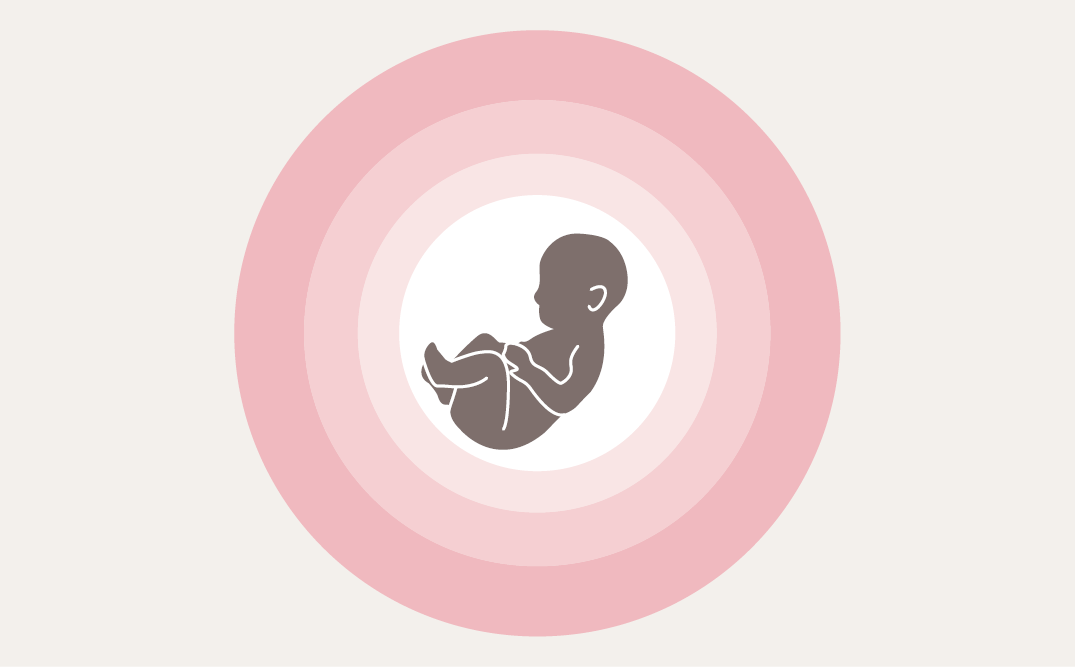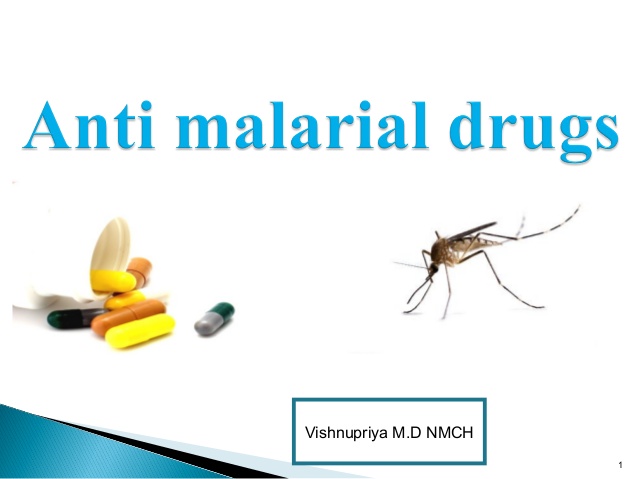Experts Advocate Prevention Of Mother-to-child HIV Transmission
Experts in the health sector have called for the prevention of mother-to-child transmission of HIV in Nigeria.
They include representatives from the Centre for Integrated Health Programs, the National AIDS and STI Control Program of the Federal Ministry of Health and Social Welfare, and the United States Centres for Disease Control and Prevention, Nigeria.
A statement released on Saturday said the group unveiled a Baby Shower Toolkit in Lagos.
Chief Executive Officer of the Centre for Integrated Health Programs, Dr Bola Oyeledun, explained that the innovative Baby Shower Toolkit initiative utilises the influence of religious institutions in educating expectant mothers about preventing mother-to-child transmission of HIV and the importance of prenatal care.
Oyeledun detailed that the toolkit includes guidelines for organising these events, managing effective group sizes, and training health assistants to support the program.
He said, “The initiative targets women through religious leaders equipped with toolkits to educate congregations. Pregnant women attending these sessions will undergo testing for HIV, hepatitis B, syphilis, and sickle cell disease. They and their partners will also have access to testing.
“HIV-positive mothers will receive access to antiretroviral drugs, significantly reducing transmission risks to their babies.
“We can reduce HIV transmission from mother to child in our communities, religious centres, and health facilities. Every Nigerian woman should know her HIV status; all these are preventable and do not need to be passed on to our babies.”
US CDC Nigeria Representative, Dr Timothy Efuntoye, emphasised, “Every woman should know her HIV status before, during, and after pregnancy to apply preventive measures if at risk. Women should adopt a culture of regular check-ups.”
He added that the unveiled toolkit was part of efforts to end HIV/AIDS transmission to children, a highly preventable goal.
He maintained that there was a need for collaboration among stakeholders to ensure the successful implementation of the ‘Baby Shower Toolkits’ at the grassroots level.
Efuntoye noted that recent statistics indicated a significant number of those affected were women and children.
He assured continued support from the centre in providing antiretroviral HIV drugs to sustain their health.
PMTCT lead of the National AIDS and STI Control Program, Dr Hafsat Iyanda, underscored that the initiative aimed to save lives by harnessing the influence of religious communities in preventing mother-to-child transmission of HIV.
Senior Technical Advisor, Dr Chuckwu Onwuchekwa, explained, “The Baby Shower initiative employs a congregational-based approach to offer HIV testing to pregnant women and their partners. Places of worship serve as standardised venues for treatment and testing.’ He urged all pregnant women to enrol in antenatal care and stressed the importance for HIV-positive pregnant women to undergo testing and receive antiretroviral therapy to prevent transmission to their babies.
“‘This initiative began as research in Enugu. Due to promising results, we decided to pilot it first in Benue State.”
Onwuchekwa added, “We compiled all findings and reports into comprehensive toolkits, which provide everything needed for program implementation.”
Chief Executive Officer of the Lagos State AIDS Control Agency, Dr Folake Amimasheun, revealed that the initiative had a dual benefit, preventing mother-to-child transmission of HIV and addressing gaps in paediatric ART, saying early identification of HIV-positive mothers enables immediate linkage to treatment, significantly reducing transmission risks to their babies.
She urged all stakeholders, including government officials, religious leaders, healthcare professionals, and community members, to actively support the program.
Also speaking, Lagos Coordinator of the Network of People Infected or Affected by HIV, Rev. Kehinde Babarinde, said, “The program extends beyond testing. To encourage participation, expectant mothers receive a “mama pack” containing essential birthing supplies such as antiseptic wipes, a razor blade for cord cutting, a cord clamp, soap, and towels. The entire program is offered completely free of charge, and participation is voluntary.





